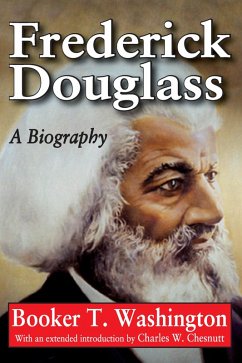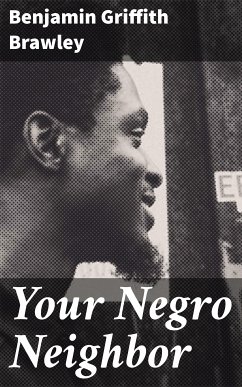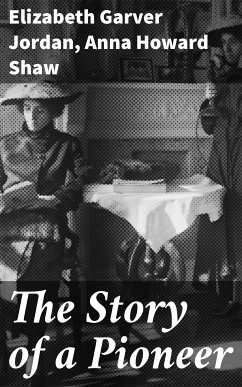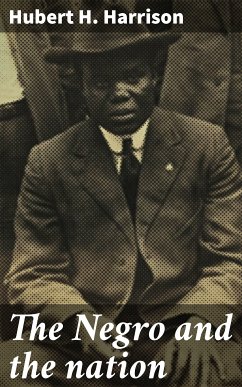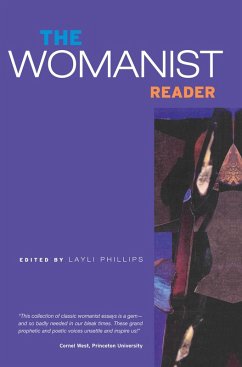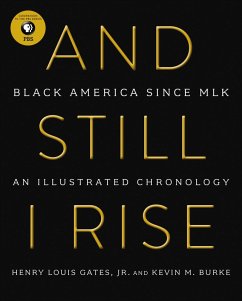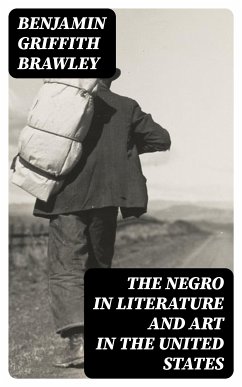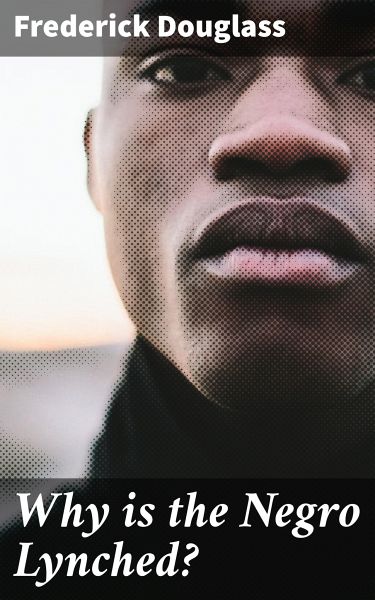
Why is the Negro Lynched? (eBook, ePUB)
Enriched edition. Unraveling America's Legacy of Racial Violence and Injustice
Kommentar: Weaver, Adrian / Redaktion: Good Press
Versandkostenfrei!
Sofort per Download lieferbar
1,99 €
inkl. MwSt.
Weitere Ausgaben:

PAYBACK Punkte
0 °P sammeln!
In "Why is the Negro Lynched?", Frederick Douglass delivers a piercing critique of the systemic racism and societal injustices that underpin the practice of lynching in America. The essay exhibits a meticulous rhetorical style, blending emotive appeal with logical argumentation, reflective of Douglass's oratorical prowess. Set against the backdrop of the post-Civil War Reconstruction era, Douglass's work serves as a clarion call for moral awakening, compelling readers to confront the brutal realities faced by African Americans in a society rife with racial violence and dehumanization. Frederic...
In "Why is the Negro Lynched?", Frederick Douglass delivers a piercing critique of the systemic racism and societal injustices that underpin the practice of lynching in America. The essay exhibits a meticulous rhetorical style, blending emotive appeal with logical argumentation, reflective of Douglass's oratorical prowess. Set against the backdrop of the post-Civil War Reconstruction era, Douglass's work serves as a clarion call for moral awakening, compelling readers to confront the brutal realities faced by African Americans in a society rife with racial violence and dehumanization. Frederick Douglass, an escaped slave who became a leading voice in the abolitionist movement, used his experiences and extensive travels to highlight the horrors of racial oppression. His insights stem from both personal trauma and a deep commitment to social justice, driven by a vision of equality that transcends race. Douglass's life and writings, encompassing themes of liberty and human dignity, infuse his arguments with authenticity and urgency, seeking not only to inform but to ignite change in societal attitudes. This powerful essay is indispensable for readers seeking to understand the historical roots of racial violence in America. Douglass's profound wisdom and eloquence beckon contemporary audiences to grapple with uncomfortable truths and inspire activism against injustice. A must-read for students of history, social justice advocates, and those committed to fostering a more equitable society. In this enriched edition, we have carefully created added value for your reading experience: - A succinct Introduction situates the work's timeless appeal and themes. - The Synopsis outlines the central plot, highlighting key developments without spoiling critical twists. - A detailed Historical Context immerses you in the era's events and influences that shaped the writing. - An Author Biography reveals milestones in the author's life, illuminating the personal insights behind the text. - A thorough Analysis dissects symbols, motifs, and character arcs to unearth underlying meanings. - Reflection questions prompt you to engage personally with the work's messages, connecting them to modern life. - Hand-picked Memorable Quotes shine a spotlight on moments of literary brilliance. - Interactive footnotes clarify unusual references, historical allusions, and archaic phrases for an effortless, more informed read.
Dieser Download kann aus rechtlichen Gründen nur mit Rechnungsadresse in A, B, BG, CY, CZ, D, DK, EW, E, FIN, F, GR, H, IRL, I, LT, L, LR, M, NL, PL, P, R, S, SLO, SK ausgeliefert werden.





